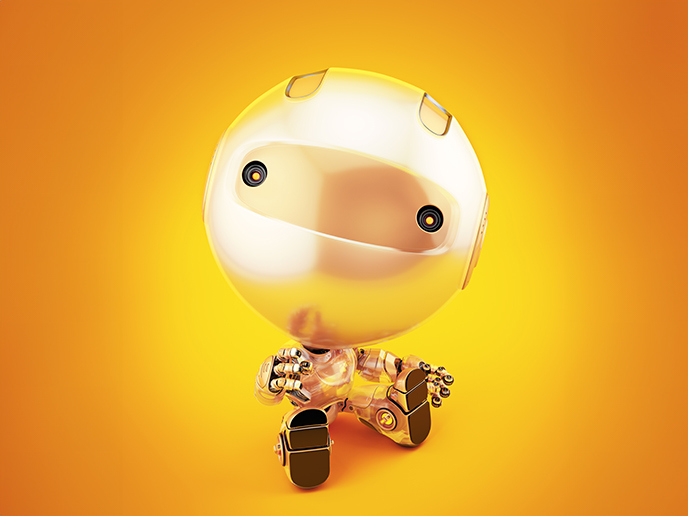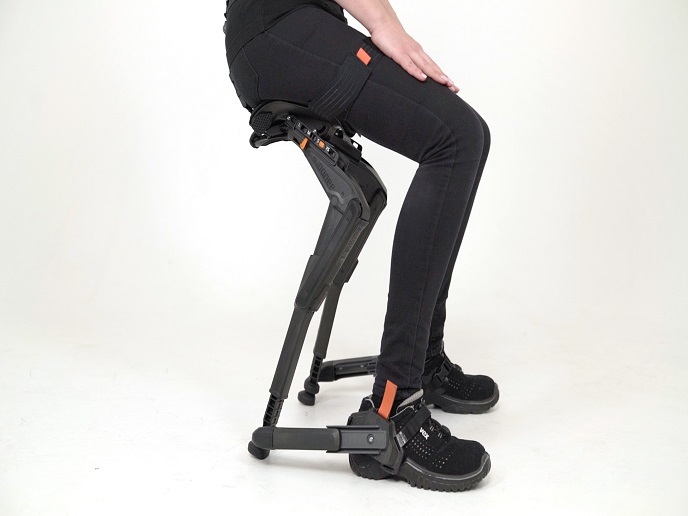Assessing social impact of emotionally intelligent machines
Technology can help us to address key social issues such as loneliness. Emotionally intelligent robots for example are increasingly being used in Japanese homes. Inspired by such developments, the EMTECH project, supported by the European Research Council, sought to shed new light on the interactions between culture, robotics and society. “There is often a lack of dialogue between the humanities and robotics,” explains EMTECH project coordinator Elena Giannoulis from Freie Universität Berlin in Germany. “I wanted to find out what we can learn about human emotions and the capacity of humans to create affective bonds through new technologies.”
Emotionally aware machines and traditional culture
The project sought to better understand how concepts of emotion are built into new technologies, and how ‘emotional’ machines can influence how we feel. “For me, the focus was not so much on the machines but rather the people – their desires, hopes and fears,” says Giannoulis. The project set out to gather data on the impact of emotionally sensitive machines brought into Japanese homes. The team, which included experts in the humanities, social sciences and technology, documented the technological transformation taking place. “We looked at how emotionally intelligent software is not only reproducing traditional ways of bonding, but in fact transforming them by offering new strategies for coping with stress, loneliness and depression,” adds Giannoulis. Long-term studies of families living with emotionally intelligent companion robots were carried out. Research outcomes were published in several peer-reviewed journals, and conferences held to encourage further dialogue. Visits to robotics laboratories in both Europe and Japan also provided valuable insights into latest developments.
Playing into clichéd male fantasies
A key project finding was that emotional technologies are not nearly as effective as manufacturers suggest. “Our research shows that machines cannot fulfil many promises such as understanding human emotions and acting as life partners,” says Giannoulis. Project findings also suggest that manufacturers have missed an opportunity to overcome gender clichés and to think of an existence beyond male and female. “On the contrary, gender clichés are reproduced and reinforced,” notes Giannoulis. “This is clear not only from the ‘feminine’ depiction of machine-girls in anime, which are presented in a sexualised way, but also from case studies with emotionally intelligent machines. These often play into clichéd male fantasies of a young, cute and submissive girl, who refers to her male owner as ‘master’.”
How weakness can form strong emotional bonds
Giannoulis believes that the EMTECH project has helped to underline the social responsibility of the robotics industry. “People are manipulated by emotional technologies,” she remarks. “Everyone who uses these machines should be aware of this.” Another key takeaway is that the technology is nowhere near as advanced as promised. Nonetheless, one interesting quirk is that robots intentionally designed with cognitive, motor or physical weaknesses appear to trigger a particularly strong emotional bond with people. Giannoulis intends to follow up this avenue of research and is currently writing a book on new technologies and cultural narratives of weakness. “It is astonishing to me that the robotics industry has built machines to be more human-like, while seemingly ignoring the fact that humans have weaknesses,” she adds. “Humans are more likely to recognise themselves in weak machines than in flawless ones.”
Keywords
EMTECH, Japanese, robots, culture, society, gender, emotional robotics






